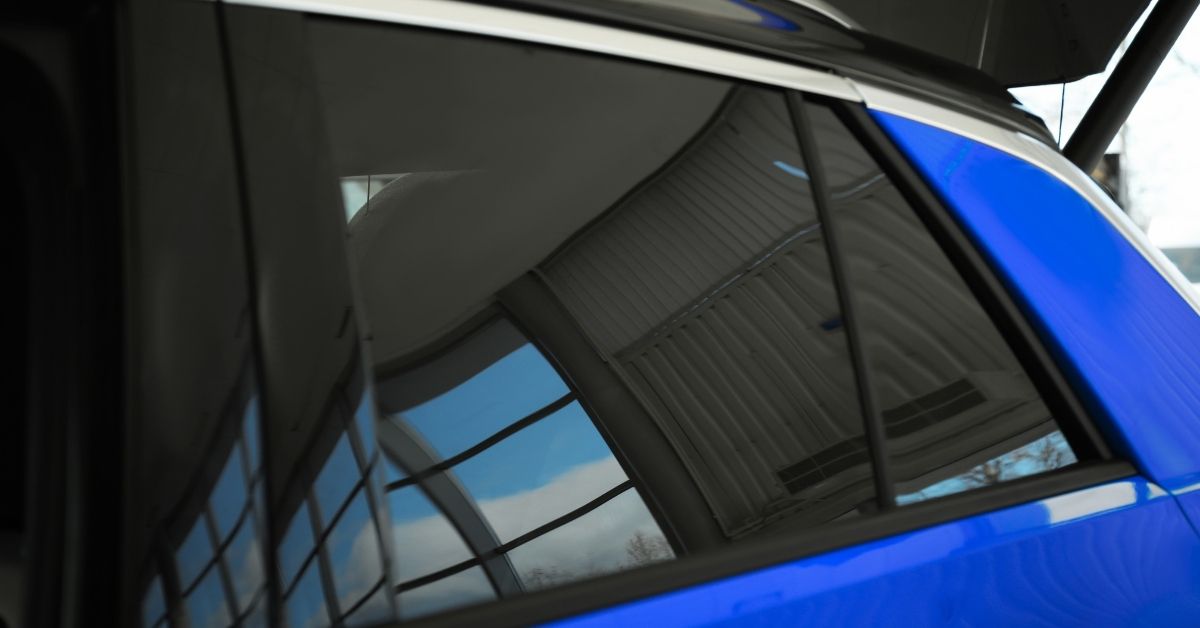When it comes to protecting your car and maintaining its value, Paint Protection Film (PPF) is one of the most effective solutions available. This clear, durable film acts as a shield for your car’s paint, safeguarding it from scratches, rock chips, UV damage, and other hazards. Beyond providing protection, PPF can significantly enhance your vehicle’s resale value, making it a smart investment for car owners.
In this article, we’ll explore the key benefits of PPF and how it helps preserve your car’s appearance and worth over time.
What Is Paint Protection Film (PPF)?
Paint Protection Film is a transparent, thermoplastic urethane film applied to a car’s exterior surfaces. Designed to withstand harsh conditions, PPF protects your car’s paint from physical and environmental damage while maintaining its original look. It is often applied to high-impact areas like:
- Hood
- Front bumper
- Fenders
- Side mirrors
For comprehensive protection, full-car coverage is also an option.
The Benefits of Paint Protection Film (PPF)
1. Shields Against Rock Chips and Scratches
Road debris like small rocks, gravel, and sand can cause chips and scratches on your car’s paint. PPF absorbs the impact, preserving your car’s flawless finish.
- Enhanced Durability: PPF is thick and flexible, designed to withstand daily driving hazards.
- Self-Healing Technology: Many modern PPFs have self-healing properties, allowing minor scratches and swirl marks to disappear when exposed to heat.
2. Protects Against Environmental Damage
Your car is constantly exposed to environmental elements that can harm its paint, including:
- UV Rays: Prolonged exposure to sunlight can cause paint to fade and oxidize. PPF blocks UV rays, preserving your car’s finish.
- Bird Droppings and Tree Sap: These acidic contaminants can etch into your paint. PPF acts as a protective barrier, making cleaning easy and preventing staining.
- Bug Splatter: The film prevents acidic bug residue from bonding to your car’s surface.
3. Maintains Aesthetic Appeal
PPF enhances your car’s appearance by preserving its original gloss or matte finish. Many PPF products also feature a hydrophobic top layer that repels water, dirt, and grime, making your car easier to clean.
- Glossy PPF: Amplifies the shine and depth of your car’s paint.
- Matte PPF: Transforms glossy paint into a sleek satin finish for a unique and modern look.
4. Reduces Maintenance Costs
By protecting your car’s paint, PPF reduces the need for touch-ups, polishing, and repainting. This saves you both time and money on maintenance.
- Fewer Repairs: Chips, scratches, and fading are significantly minimized.
- Easier Cleaning: The film’s hydrophobic properties make washing your car faster and more efficient.
5. Long-Lasting Protection
High-quality PPF can last up to 10 years with proper care, offering years of reliable protection for your car.
How PPF Enhances Resale Value
When it’s time to sell or trade in your car, its condition plays a major role in determining its value. PPF helps preserve your car’s paint, ensuring it looks newer and more appealing to potential buyers.
1. Protects the Original Paint
The factory paint on your car is one of its most valuable features. Repainting or repairing damaged paint can diminish a car’s value since buyers often prefer original finishes.
- Preservation: PPF prevents rock chips, scratches, and fading, keeping your car’s original paint intact.
- Factory Condition: A well-maintained paint job indicates that the car has been cared for, which reassures buyers.
2. Increases Buyer Appeal
A pristine-looking car is more likely to attract buyers and command a higher price. PPF ensures your vehicle maintains a like-new appearance, even after years of use.
- First Impressions: Buyers are drawn to cars that appear well-maintained and free of visible damage.
- Competitive Edge: PPF sets your car apart from others by showing extra care and protection.
3. Demonstrates Long-Term Care
When buyers see that your car is equipped with PPF, it signals that you’ve taken proactive steps to protect it. This can build trust and confidence, making buyers more willing to pay a premium.
- Trustworthiness: PPF shows that you’ve invested in maintaining your car’s value.
- Reduced Negotiations: A well-protected car reduces the likelihood of buyers trying to negotiate based on visible imperfections.
Is PPF Worth the Investment?
While PPF has an upfront cost, the long-term benefits often outweigh the expense:
- Costs:
- Full-front PPF: Typically ranges from $1,500 to $3,000.
- Full-car coverage: Can cost $5,000 or more.
- Savings: By preventing costly paint repairs and enhancing resale value, PPF can pay for itself over time.
For luxury vehicles, sports cars, and high-value cars, PPF is a must-have. However, even for daily drivers, PPF provides peace of mind and helps maintain the car’s appearance.
Tips for Maximizing the Value of PPF
- Choose High-Quality PPF: Opt for a reputable brand with proven durability and self-healing properties.
- Work with a Certified Installer: Proper application is essential to ensure PPF performs as intended.
- Maintain the Film: Wash your car regularly using PPF-safe products to extend the film’s lifespan.
Conclusion
Paint Protection Film (PPF) offers unparalleled protection for your car’s paint, shielding it from rock chips, scratches, and UV damage. Beyond protecting your vehicle’s appearance, PPF enhances its resale value by preserving its factory finish and maintaining a like-new look.
Whether you’re driving a luxury vehicle or an everyday commuter, investing in PPF is a smart decision that pays off in the long run. By safeguarding your car’s paint, you’ll enjoy a pristine appearance, lower maintenance costs, and a higher resale value when it’s time to sell.
Take the first step toward protecting your investment—consult with a trusted PPF installer and give your car the ultimate defense it deserves!
